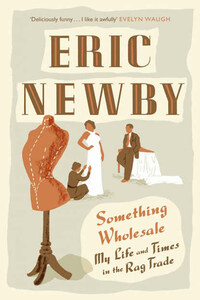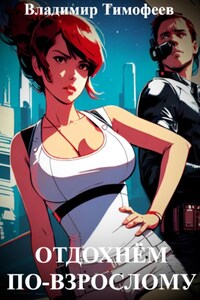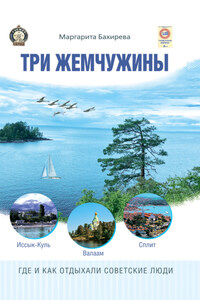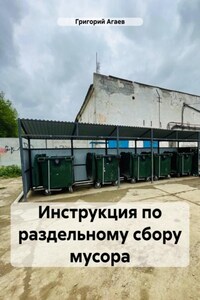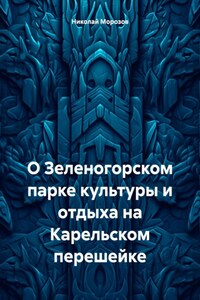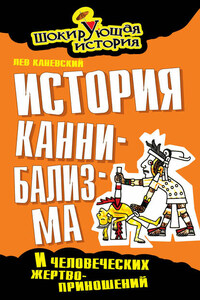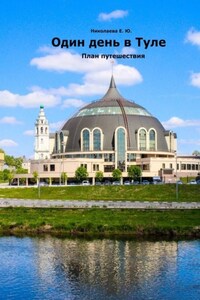The hero of this book, if it has one, is the man who, during the years it describes, was head of the dressmaking firm of Lane and Newby – in other words my father. But this was my father in old age. We were separated by a great gulf of years, and when I was old enough to appreciate him the world which he knew and of which he was a part had passed away.
What do I know of my father as a young man? Practically nothing. His father came from the East Riding of Yorkshire and he acquired a stepmother at an early age. I know that with her his life was not very happy. It was one of the few things that when he spoke of it moved him to tears.
I look at photographs of him in our family albums taken when he was twenty or so – great group photographs of men and girls upriver, perhaps, after an outing or a regatta – and wonder what he and his companions were really like. He was very handsome, this is obvious – with a fine, well-tended moustache – and he was elegant, either in a negligent manner with a silk handkerchief knotted round his neck and a panama hat with the brim turned up in the front or else more formally in a dark suit with a watch chain and a straw hat with a black band.
The girls are dressed to the nines with fichus of lace and hats like great presentation baskets of fruit from Fortnums.
They must be upriver. In the background of the particular picture of which I am thinking there is a white clap-boarded house. It is probably a club-house or it might be a mill and beyond it the woods are thick and green, like the Quarry Woods at Marlow, only the house is not at Marlow.
Where is it? I wish I knew. There is no one left to ask. Perhaps, somewhere, one or two of those young men and women are left alive, but they would be very old now.
Some of the girls must have been beautiful but one must make an effort of will to believe it. Their clothes makes them seem older than they really were. And the way in which the photographer took his pictures endows them with too much chin, or else no chin at all. They look absurdly young or else like maiden aunts. The effort of keeping still for the photographer on that warm summer’s day and looking into the sun was too much for them, particularly for the men. Some of them are squinting, some are out of focus, some have an air of being slightly insane. It is gratifying to see that in all these groups my father took the precaution of seating himself next to the most good-looking girl available. I would like to know how they spoke, these friends of my father; the idioms they used; the things that made them laugh; but I shall never know, more’s the pity and neither will my children.
There are more rural scenes. Photographs taken not by a professional but by one of my father’s companions when they were camping, in the doorway of a tent, early in the morning with the mist still rising from the meadows. They look dishevelled, as if none of them had slept well, perhaps there were horses in the field. One of them is smoking a meerschaum pipe with a Turk’s head carved on it. In the foreground there is a large black cooking pot, suspended from a metal tripod, simmering over a wood fire. All the cooking equipment is tremendously heavy. How did they get it there? They must have used a horse-drawn vehicle. It is a pity that there is no picture of it.
There is a series of photographs taken off the East Coast in a yacht with a hired man. ‘He was a real old salt,’ my father told me. In these pictures he and his friends are all wearing black and white striped trousers rolled up to the knees and stockinette caps. In the background of one of them there is a light-ship and close to it a barquentine, deep-loaded, running before the wind. Whoever took the photograph had difficulty with it because the horizon goes rapidly downhill! ‘There was a bit of a lop on,’ my father said, wistfully. He had always wanted to be a sailor. And when his father married again he tried to run away to sea but was brought back in a cab. Next in time are the photographs of my mother taken the year before I was born, looking gentle and rather sad, and another of my father looking severe and bristly reclining on a velvet cushion up in the bows of his skiff. I wonder how things went that day. Was she having sculling lessons at that time? Perhaps she wasn’t getting her hands away properly.
